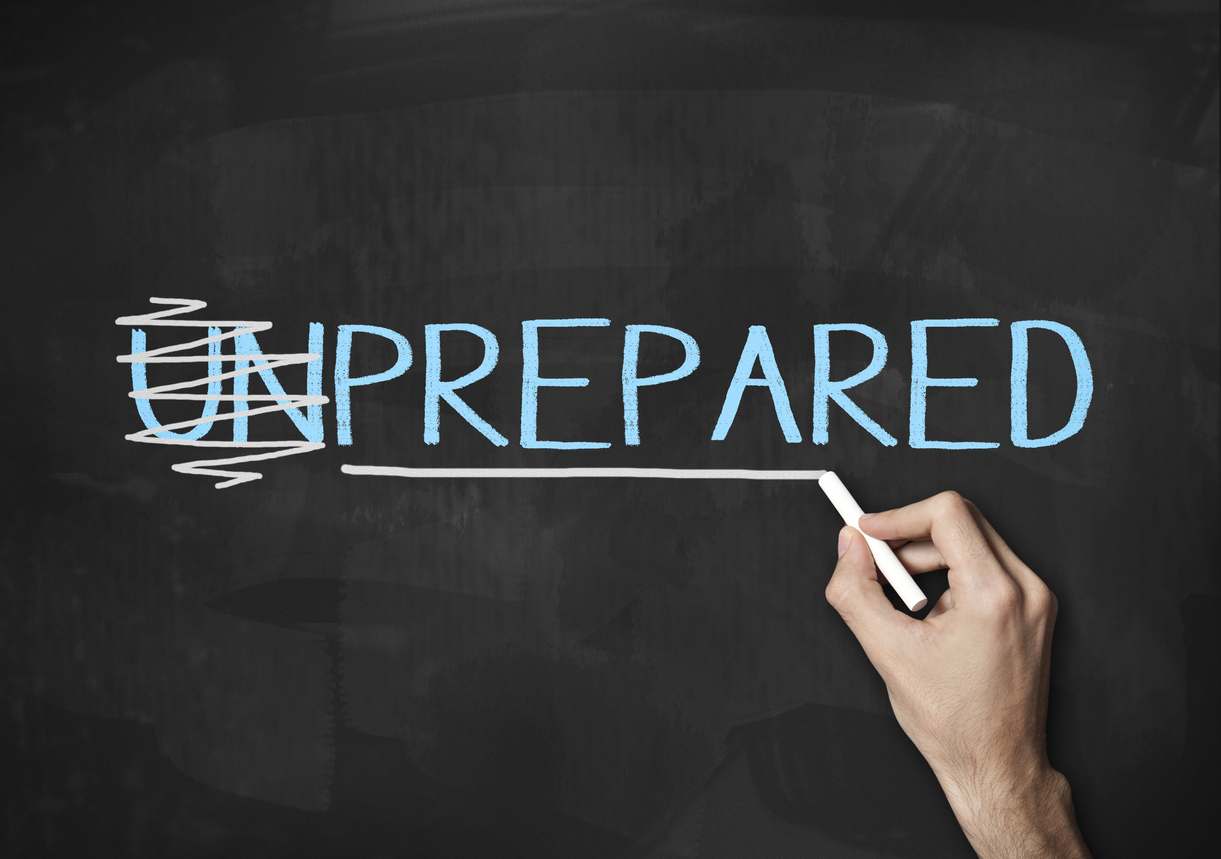As conflict continues to ensue between Russia and Ukraine, safety and security are on top of mind for many who oversee international travel at their institutions and organizations. We sat down with Daniel Kampsen, Director of Global Safety and Operations at Drexel University, to talk about what he’s seeing at his institution right now and also share some practical advice for others in similar roles.

Once conflict broke out in Ukraine, did this have a direct effect on any of Drexel’s study abroad programs? If yes, what were the immediate actions you needed to take to help ensure student safety?
Dan: We were lucky that any/all Drexel travelers who had been present in the region during the preceding months were gone by the time of the invasion. We would have needed to evacuate, but that was never on the table – all of our travelers organically/voluntarily vacated the region long before hostilities began. I have spent time living in Russia and traveling throughout Ukraine, so my first thoughts were for former colleagues and friends. My mind also centered on making sure we actively monitored the situation making sure that we have good protocols in place in the event the situation escalates into border states.
What are some things that Drexel has in place from the crisis management level to help plan and respond to situation like these?
Dan: We have a wonderful system (comprised of multiple touchpoints and inputs) on-campus for capturing as much travel as we possibly can. Faculty, staff, and students are highly compliant and absolutely do take our processes and protocols seriously. And of course, we rely heavily on OnCall for assistance with planning and responding to emergent situations. Between OnCall, and the various training modules that are presented by both my Directorate and the Directorate of Education Abroad, I have a high degree of confidence that our travelers are properly supported.
Of these things, what would you say is the most important priority for you/your colleagues at Drexel right now?
Dan: Right now, the most important thing is to make sure we are capturing all travel. This allows us to understand whether any potential traveler is planning non-permitted or otherwise risky travel. Once we have this information, we can have a conversation and begin working to either mitigate the risk or direct the traveler elsewhere.
How about communications – how are you keeping students, parents, and other key stakeholders in the loop as this crisis continues to unfold?
Dan: This is the lifeblood of any crisis response. When the situation in Ukraine began to unfold, the first step was to communicate across campus to make 100% certain that we did not have any travelers in the region. The next step was to communicate with students currently abroad, acknowledge the difficulty of the situation, and offer support. It was also vital to communicate through my reporting line to gauge risk appetite in the region and develop a response that would be commensurate with that appetite. At the same time, communication with both prospective travelers and education abroad staff was also vital, as we wanted to ensure that this conflict did not have any discernible effect on future programs.
Are there any emergency preparation ‘lessons learned’ from COVID that you’re current utilizing/planning to utilize for this current situation?
Dan: Drexel implemented the ETRC (Emergency Travel Review Committee) during the height of the COVID crisis. This committee, of which I am now the chairperson, is both labor-intensive and very thorough. This committee captures all Drexel travel, under the guise of providing a required approval during COVID times. I believe that this committee will live on in some fashion at this institution because it allows us to have a bit of oversight in areas where we were previously unable to influence decisions. For example, it is through this committee that we recently learned of planned travel to a destination that would not have been considered high-risk to Drexel when originally planned, but now is. While we were able to provisionally approve the travel, the committee gave us the ability to add a contingency to that approval. Prior to COVID, there was no process at Drexel for something like that. Similarly, this extension of the process has also created a greater appetite for additional interventions to firm up our safety and operations program. It is very exciting.
There is A LOT of information out there right now. How are you/your colleagues/students at Drexel currently monitoring the situation in Europe?
Dan: I use a number of different sources to gain an accurate, unbiased understanding of various geopolitical situations throughout the world. Regular briefs and bespoke trip assessments from On Call are two of the most important resources I use to gain a better understanding of what is happening in the world. These assessments and briefs allow me to efficiently move far beyond the information that is presented by the U.S. government, foreign governments, and the news media, to gain an unbiased window that can be relied upon when making decisions. When I need an even more detailed picture, I schedule a one-on-one meeting with the OnCall security team. These security specialists are exceedingly well informed, and understand how to effectively communicate with both experts and laypeople I have been using these resources for years, and tremendously value their utility.
Want to learn more about travel safety and security planning and emergency response amid today’s complex travel climate? Contact us today.
For over 25 years, On Call International has provided fully-customized travel risk management and global assistance services protecting millions of travelers, their families, and their organizations. Contact us today and watch our video to learn more. You can also stay in touch with On Call’s in-house risk management, travel health and security experts by signing up for our quarterly Travel Risk Management (TRM) newsletter.


